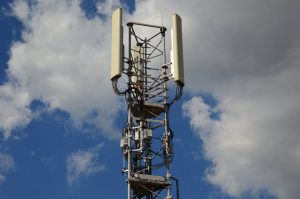Satellite Launch Missions and Their Impact on Space Exploration
Satellite launch missions have revolutionized the field of space exploration, enabling us to study the universe, communicate with each other, and navigate the globe. In this article, we will explore the history of satellite launch missions, their impact on space exploration, and the current trends and future prospects in this field.
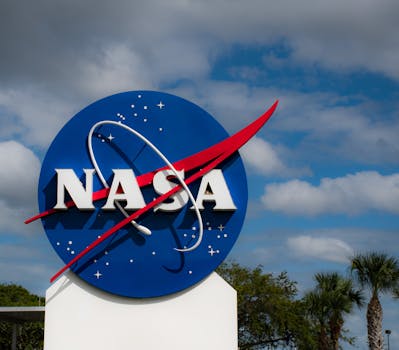
Satellite Launch Missions and Their Impact on Space Exploration
Satellite launch missions have become an essential part of space exploration, allowing us to study the universe, communicate with each other, and navigate the globe. The first satellite launch mission, Sputnik 1, was launched by the Soviet Union in 1957, marking the beginning of the space age. Since then, numerous satellite launch missions have been conducted, including the launch of the first American satellite, Explorer 1, in 1958.
Satellite launch missions have had a significant impact on space exploration, enabling us to gather valuable data about the universe, test new technologies, and develop new applications. Satellites have been used for a wide range of purposes, including communications, navigation, weather forecasting, and Earth observation. They have also played a crucial role in space exploration, serving as a stepping stone for human spaceflight and deep space missions.
History of Satellite Launch Missions
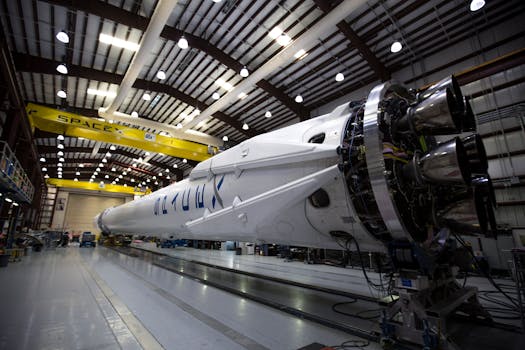
The history of satellite launch missions is a long and complex one, spanning over six decades. The first satellite launch mission, Sputnik 1, was launched by the Soviet Union in 1957, using a R-7 rocket. The success of Sputnik 1 marked the beginning of the space age, and it was soon followed by the launch of the first American satellite, Explorer 1, in 1958. Since then, numerous satellite launch missions have been conducted, including the launch of the first commercial satellite, Intelsat 1, in 1965.
In the 1970s and 1980s, satellite launch missions became more frequent, with the launch of numerous satellites for communications, navigation, and Earth observation. The 1990s saw the launch of the first satellite constellations, including the Global Positioning System (GPS) and the Iridium satellite constellation. Today, there are thousands of satellites in orbit around the Earth, with new satellite launch missions being conducted on a regular basis.
Impact of Satellite Launch Missions on Space Exploration
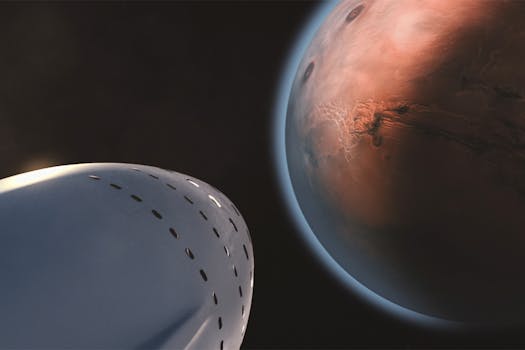
Satellite launch missions have had a significant impact on space exploration, enabling us to gather valuable data about the universe, test new technologies, and develop new applications. Satellites have been used for a wide range of purposes, including communications, navigation, weather forecasting, and Earth observation. They have also played a crucial role in space exploration, serving as a stepping stone for human spaceflight and deep space missions.
Satellites have enabled us to study the universe in unprecedented detail, from the surface of the Earth to the far reaches of the cosmos. They have been used to study the Earth’s climate, oceans, and land surfaces, as well as the atmospheres of other planets and moons. Satellites have also been used to test new technologies, such as propulsion systems and life support systems, which are essential for deep space missions.
Current Trends and Future Prospects
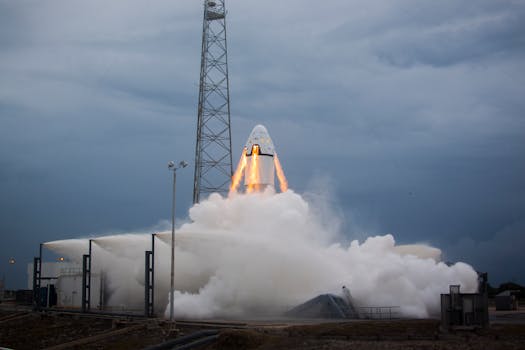
Today, satellite launch missions are more frequent and complex than ever before. The development of new launch vehicles, such as the SpaceX Falcon 9 and the Blue Origin New Glenn, has made it possible to launch satellites into orbit at a lower cost and with greater efficiency. The use of reusable launch vehicles has also become more common, with companies like SpaceX and Blue Origin pioneering this technology.
The future of satellite launch missions looks bright, with numerous new satellite constellations and deep space missions planned for the coming years. The development of new technologies, such as advanced propulsion systems and artificial intelligence, will enable satellites to play an even more crucial role in space exploration. As we continue to explore the universe, satellite launch missions will remain an essential part of our journey, enabling us to gather valuable data, test new technologies, and push the boundaries of human knowledge.
In conclusion, satellite launch missions have had a profound impact on space exploration, enabling us to study the universe, communicate with each other, and navigate the globe. As we look to the future, it is clear that satellite launch missions will continue to play a vital role in our journey to explore the cosmos.
See more:



